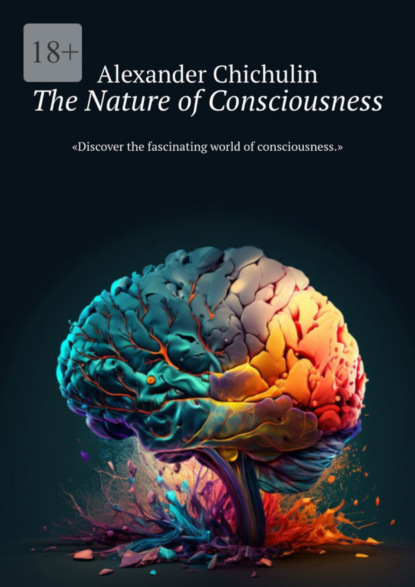The Nature of Consciousness
The Nature of Consciousness
3. The Hard Problem of Consciousness
Emergentism is a theory of consciousness that posits that consciousness emerges from the complex interactions of physical processes in the brain, but cannot be reduced to or explained by these physical processes alone. According to emergentism, consciousness is a higher-level property that arises from the organization and interaction of lower-level physical processes.
Emergentism has been championed by philosophers such as C.D. Broad and John Searle, and has gained popularity in the field of cognitive science and neuroscience. Emergentists argue that consciousness is not a fundamental aspect of the universe, but is rather an emergent property of complex systems such as the human brain.
One of the main arguments for emergentism is the idea that consciousness cannot be reduced to or explained by physical processes alone. While physical processes in the brain are necessary for consciousness to arise, emergentists argue that consciousness is a higher-level property that emerges from the complex interactions of these physical processes.
Emergentism has been criticized for its difficulty in explaining how consciousness emerges from physical processes, and for its tendency to downplay the importance of physical processes in the brain. However, proponents of emergentism argue that it provides a middle ground between reductionist theories of consciousness and dualist or idealist theories that posit the existence of a non-physical substance such as the mind.
Вы ознакомились с фрагментом книги.
Для бесплатного чтения открыта только часть текста.
Приобретайте полный текст книги у нашего партнера:








 Рейтинг:
0
Рейтинг:
0